What Healthcare Laws Protect the LGBTQ+ in the US?
Pride Month is fast approaching! Let’s talk about the struggles and the laws protecting the LGBTQ+ community with regard to healthcare in the US. LGBTQ+ stands for lesbian, gay, bisexual, transgender, queer (questioning), and other variants of sexual identity such as pansexual and Two-Spirit. This represents different sexualities and gender identities. Anyone who is transgender, non-heterosexual, or anywhere on a spectrum of sexuality that falls outside of strictly heterosexual is part of this wonderful community.
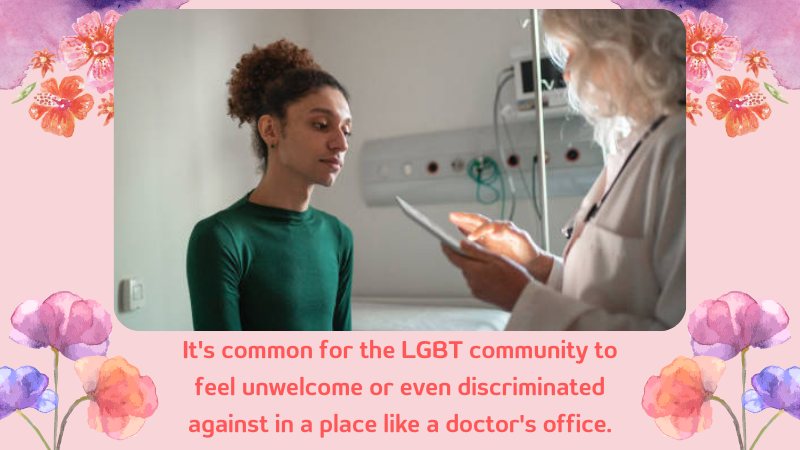
There’s a lot more to being LGBTQ+ than just the stereotypes. They face much discrimination daily, especially discrimination in getting essential health services. It’s common for the LGBT community to feel unwelcome or even discriminated against in a place like a doctor’s office. It’s all the more concerning that a democratic country like the US still faces this issue. A considerable amount of research demonstrates that (LGBTQ+) communities across the United States encounter enormous obstacles when seeking out medical care. Survey findings compiled by the Center for American Progress revealed that 8% of lesbians, gay men, bisexuals, and transgender respondents stated that a provider had refused to treat them in the last year due to their sexual orientation.
This signifies that transgender people lie to receive healthcare, leading to many people not obtaining the healthcare they need. This is not just with prescriptions but also with health practitioners. Often, LGBTQ+ people will go to the doctor and not receive the examination they deserve because of the doctor’s own prejudices. Thankfully, a number of healthcare laws now protect the rights of those who identify as LGBTQ+. The benefits of enhancing efforts for minority health include reductions in disease transmission, increased mental and physical well-being, lower expenses, and higher longevity. Through addressing the disparity and doing what’s right, LGBTQ+ individuals can lead long, healthy lives.
1. The Affordable Care Act
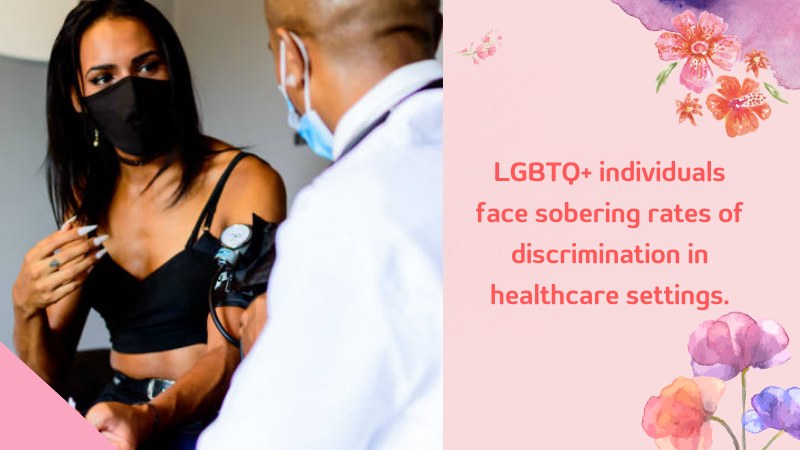
Despite existing laws and regulations that protect against healthcare discrimination, LGBTQ+ individuals face sobering rates of discrimination in healthcare settings. This includes being ignored by medical professionals, verbally harassed or otherwise verbally abused, denied treatment outright, or turned away altogether.
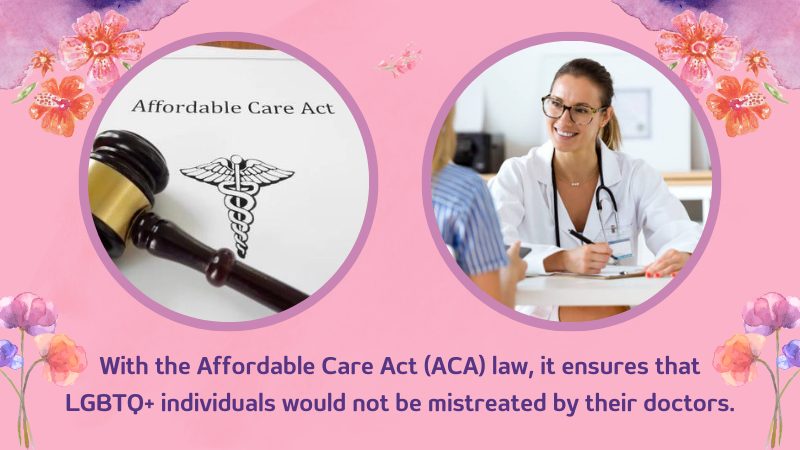
Everyone, regardless of their sexual identity and preference should be able to go see a doctor whenever they want. People should also feel comfortable with their doctors and the care they are receiving. With the Affordable Care Act (ACA) law, it ensures that doctors would not mistreat LGBTQ+ individuals.
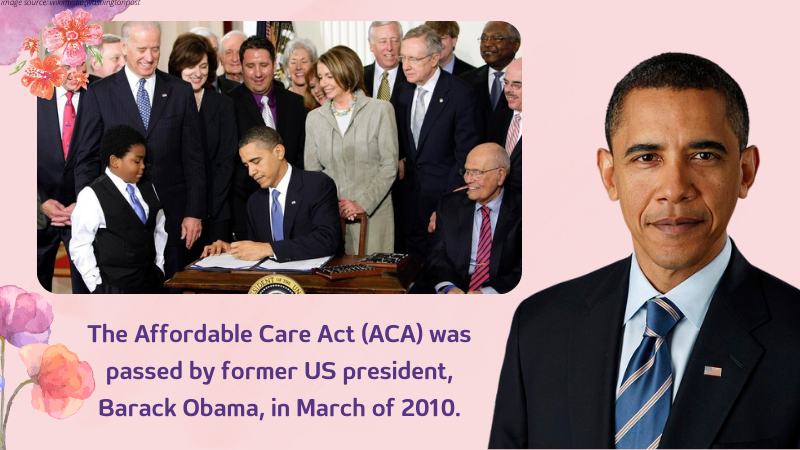
Also known before as Obamacare, The Affordable Care Act (ACA) was passed by former US president, Barack Obama, in March of 2010. The ACA includes a list of policies intended to help the uninsured gain access to healthcare. It prohibits discrimination based on one’s sex in hospitals and other health programs or facilities. This law also entails nondiscrimination of sex protections and thus, prohibits discrimination of those who identify other than heterosexual individuals.
2. The Health Insurance Portability and Accountability Act
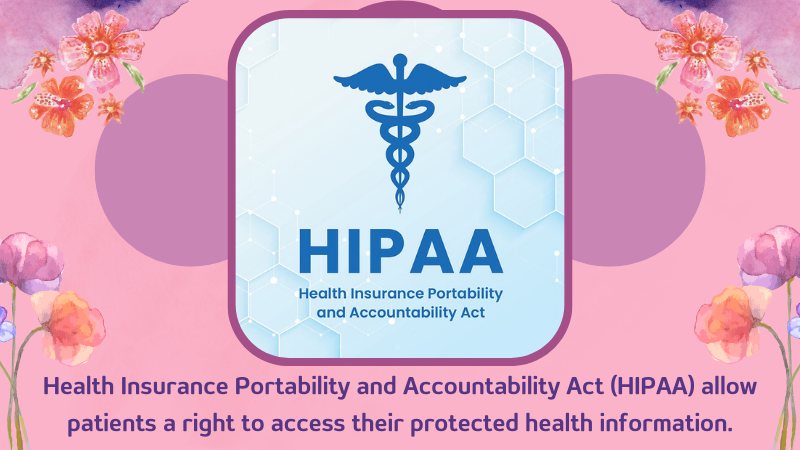
Health Insurance Portability and Accountability Act (HIPAA) allow patients a right to access their protected health information. This also means to protect individually identifiable health information. Example: Specific details of your transition or transgender status. It is unlawful for any person to violate the privacy of identifiable medical records willfully. The provisions in this act specifically cover any patient rights related to their transition. To enforce a patient’s rights, the HIPAA mandates that every hospital or health plan provide an individual patient with access to their health care information and copies of that information upon request.
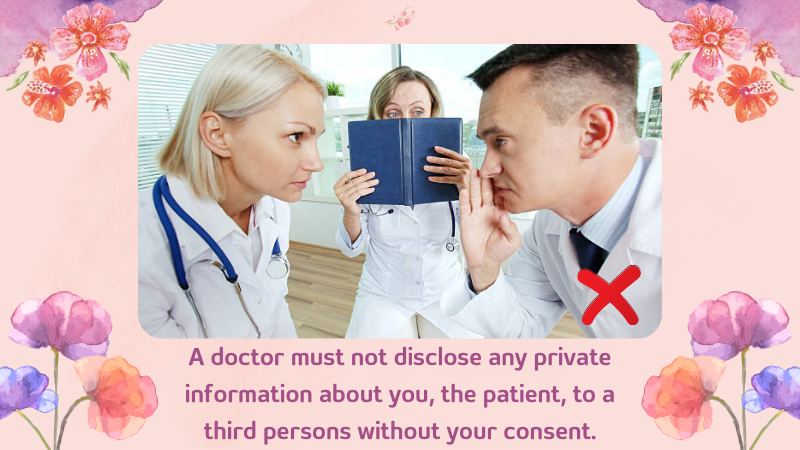
Additionally, it’s common knowledge that there are rules and ethics behind doctor-patient confidentiality. A doctor must not disclose any private information about you, the patient, to a third persons without your consent. However, there are exceptions to this rule, especially regarding your health insurance. If it’s necessary to identify you by name during a lawsuit, and confidential medical documentation pertaining to you is being presented as evidence, then it must be allowed.
3. Medicare and Medicaid regulations
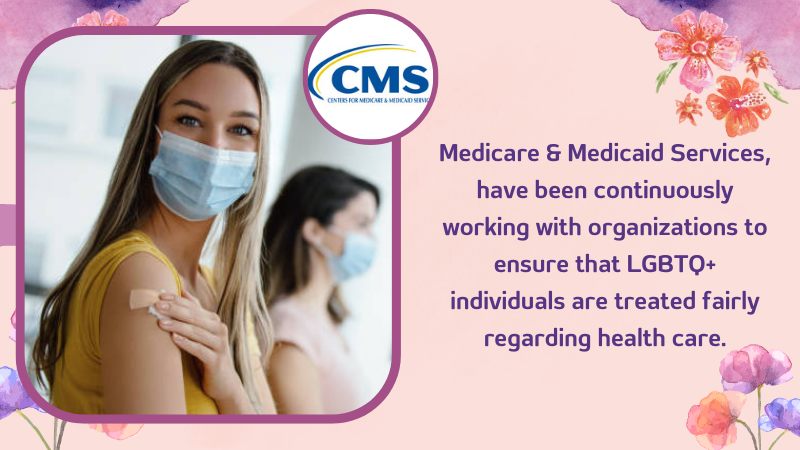
Both health insurance companies, namely Medicare & Medicaid Services, have been continuously working with organizations to ensure that LGBTQ+ individuals are treated fairly regarding health care and insurance. One of the principal reasons why this is so important is because LGBTQ+ people face a number of challenges that aren’t common among heterosexual people, which makes it that much harder for them to get the proper help if they happen to fall ill. These challenging circumstances include expensive treatments related to hormonal therapy for transgender individuals and drug prices for HIV/AIDS medications since many private insurance firms don’t cover their costs 100%.
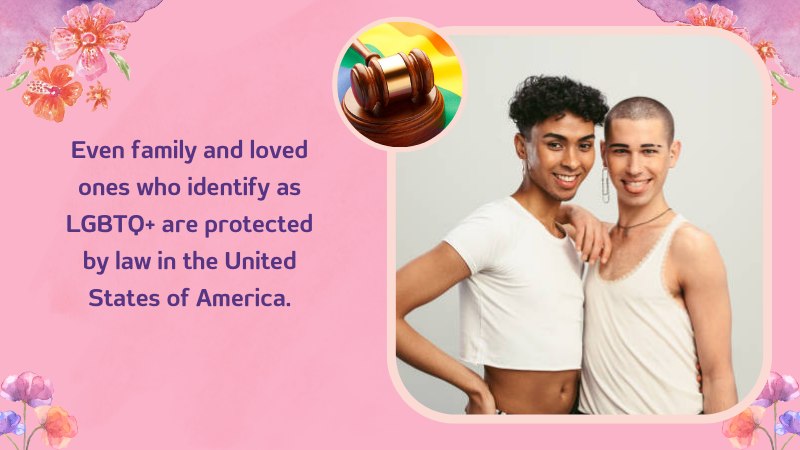
Another regulation that both Medicare & Medicaid Services encompass is there should be no discrimination against persons who identify as LGBTQ+ when it comes to visiting rights or said individual to be the patient’s decision-maker. Even family and loved ones who identify as LGBTQ+ are protected by law in the United States of America, just as we’ve discussed earlier in this article, where one couldn’t be discriminated against based on race, sex, or religion.
4. The Nursing Home Reform Act
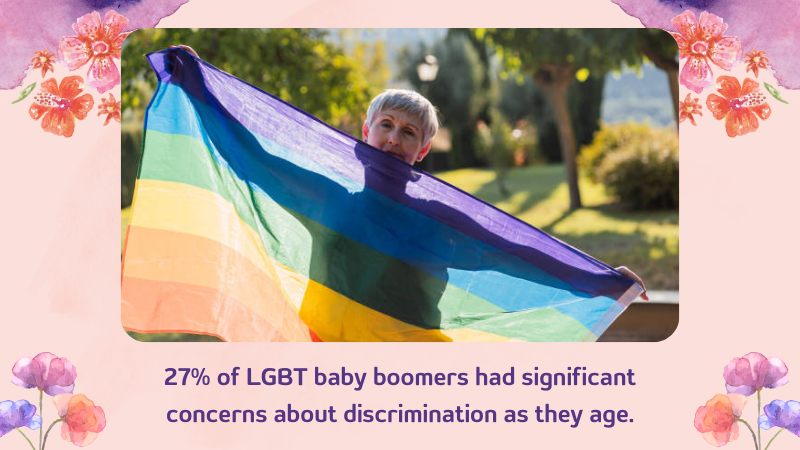
There are an estimated 10.1 million Americans in the LGBT community, with 3.8% of people aged 52 and older identifying as members. Additionally, 27% of LGBT baby boomers had significant concerns about discrimination as they age, while other reports demonstrated that this population faces violations of their healthcare rights.
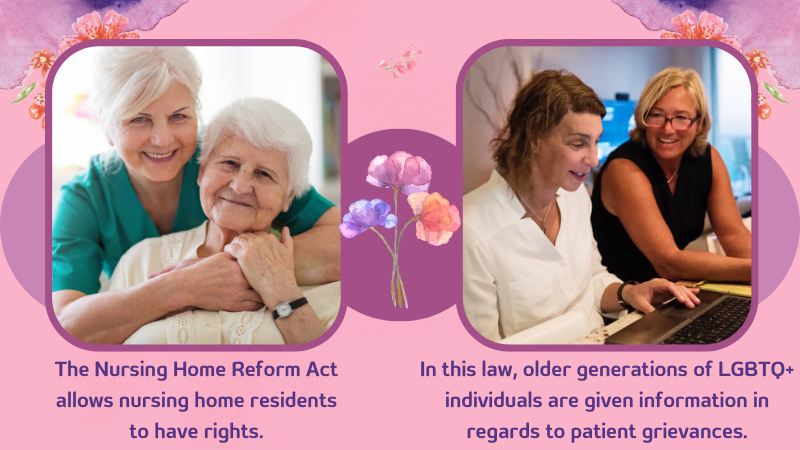
The Nursing Home Reform Act allows nursing home residents to have rights, including those that pertain to privacy rights, freedom from emotional abuse and neglect, and the right to choose the physician(s) with whom one agrees. In this law, older generations of LGBTQ+ individuals gets information in regards to patient grievances and also methods by which they can file these grievances.
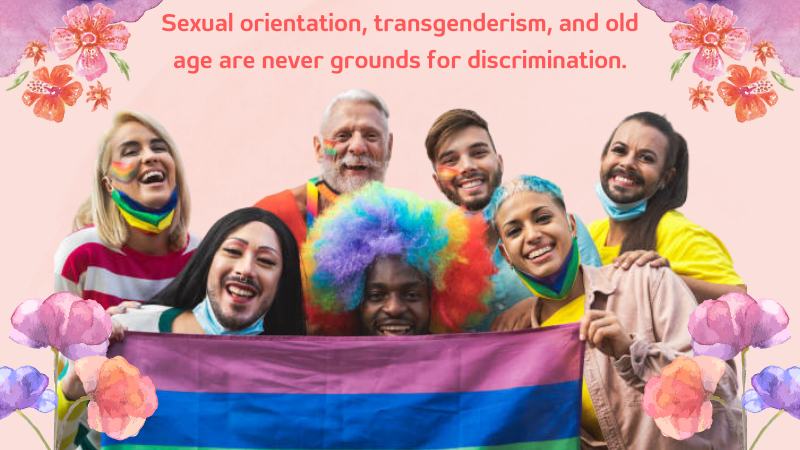
Nursing home residents should enjoy the same rights to be discrimination-free as individuals living in their own homes. Sexual orientation, transgenderism, and old age are never grounds for discrimination. In addition to federal nursing home regulations and state and federal anti-discrimination laws, many facilities created their own policies specific to protecting their LGBTQ+ community from harassment or abuse, as well as protecting them from feeling unwelcome or uncomfortable on a day-to-day basis.
5. State and local nondiscrimination laws
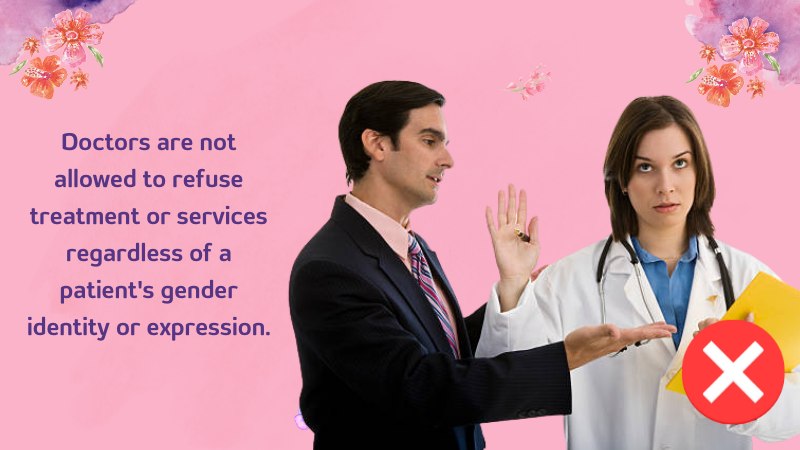
Most federal, state, and local laws safeguard patients’ rights when it comes to receiving proper medical treatment. Healthcare companies are prohibited from discriminating against transgender people. For this reason, doctors are not allowed to refuse treatment or services regardless of a patient’s gender identity or expression.
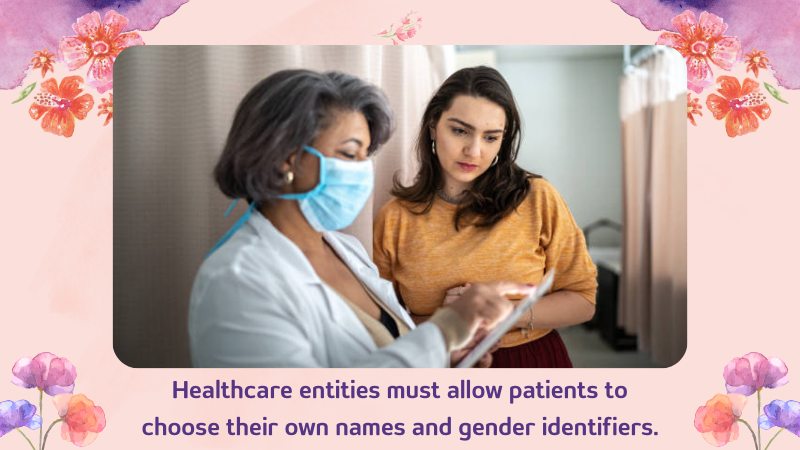
Additionally, healthcare entities must allow patients to choose their own names and gender identifiers (such as M/F). This covers all identity documents, including medical records; doing otherwise would be violating the law. Nearly every state prohibits discrimination in public establishments. This usually includes both medical facilities such as hospitals and doctors’ offices, as well as health care insurance plans. Although, not all states explicitly ban sexual identity and orientation discrimination in hospitals, most U.S. states prohibit this type of discrimination, and is punishable by law.
6. Implementation of the Windsor Ruling
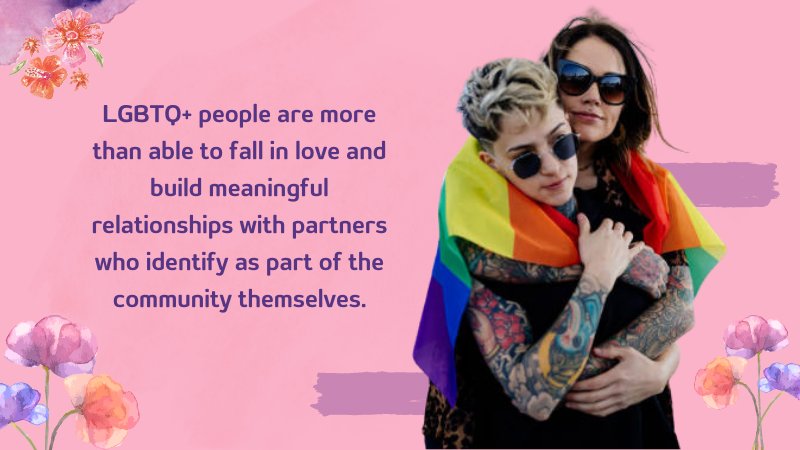
LGBTQ+ people are more than able to fall in love and build meaningful relationships with partners who identify as part of the community. It’s essential to give them the same healthcare access as homosexual couples. it doesn’t matter if they’re undergoing transition or treatment for certain diseases. Discrimination from society can affect these individuals in many different ways. This often discourage them from getting the healthcare services they need.

The Department of Health and Human Services in the US works with the Department of Justice to ensure that all relevant federal programs beneficiaries (same-sex spouse) now has equal access to coverage for care in a skilled nursing facility to which their partner belongs.
With the implementation of the Windsor Ruling, same-sex spouses can enjoy equal access to coverage in a skilled nursing facility. This allows them to share their insurance with a partner who might need that particular service. This scope of coverage applies to Medicare Advantage beneficiaries and other same-sex spouses regardless of where they live.
We can’t deny that the LGBTQ+ community can face barriers when trying to access healthcare services because of sexual orientation. Prejudice is everywhere, even in the medical field — a common experience for homosexual individuals seeking treatment from health practitioners. Through the laws and legislation mentioned above, There have been increased awareness of the issues affecting the community. Exmples are: HIV/AIDS which used to be considered an epidemic within the LGBTQ+ community alone. By implementing laws and legislation or government spending, equality work can be done to provide basic healthcare services. This in turn raises awareness concerning several issues that may affect the health and wellbeing of the LGBTQ+ community.
Tagged With:LGBTQ+ healthcare , LGBTQ+ rights
- What is a Crossdresser? Understanding the Behavior, Its Origins, and Social Context
- Crossdresser vs. Transgender: What’s the Difference and Why Does It Matter?
- Why Do Some Straight Men Enjoy Crossdressing?
- 7 Best Mtf Trans and Crossdresser Podcasts in 2024
- Journey With Roanyer : Your Beginner Crossdressing Store
- The Intersection of Cosplaying and Crossdressing
Established in 2009, We are a recognized manufacturer and seller of professional crossdressing products.
It is our aim to become not just the most creative manufacturer but also a very considerate seller, as we provide the best quality products for crossdressers all around the world.


















 Breast Forms
Breast Forms  Body Suit
Body Suit  Realistic Mask
Realistic Mask  Femini Girdle
Femini Girdle Hip & Butt Enhancement (8)
Hip & Butt Enhancement (8) Penis Prosthesis
Penis Prosthesis Fake Muscle
Fake Muscle Bikini
Bikini  Wig
Wig  Corsets
Corsets Course
Course service@roanyer.com
service@roanyer.com +8618652200711
+8618652200711 Facebook
Facebook YouTube
YouTube Twitter
Twitter Instagram
Instagram




